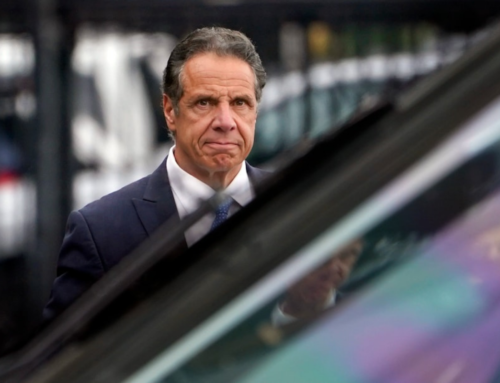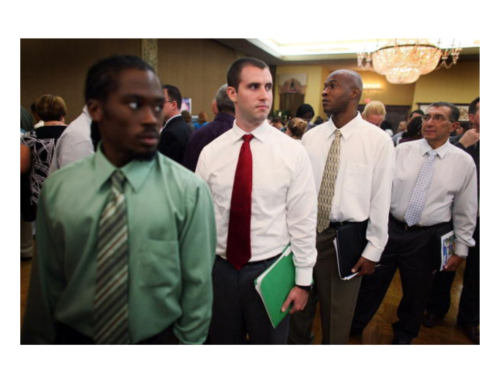We, the undersigned legal scholars and educators with expertise in employment discrimination law, seek to offer a new vision and agenda for eliminating sexual harassment and advancing workplace equality. We are inspired by the #MeToo movement: The courage and sheer number of people who have come forward to report harassment and abuse, the cross-race, cross-class solidarity among activists, the media’s in-depth and sustained coverage, and the public’s willingness to hear and believe so many victims all suggest this is a watershed moment for change.
Inspired by recent events and renewed activism, we wish to contribute to the current momentum by broadening the conversation about the law. We know that law alone cannot create change. Yet we know also that change rarely occurs without the law. For over forty years, employees, activists, educators, and policymakers have looked to the legal system to address sexual harassment in the workplace. These efforts have produced important theories and information, steps forward and setbacks, that yield important lessons for the future. Title VII and other existing laws against discrimination provide an important tool in the fight against sexual harassment, one that will require continued leadership from enforcement agencies.
But broader reforms are needed to address the conditions in which harassment flourishes and to make the legal system more responsive to employees. To reduce sexual harassment and move toward a fairer, more inclusive workplace and society for people of all sexes and genders, we offer the following principles and proposals for reform gained from years of working for change within the law.











Leave A Comment